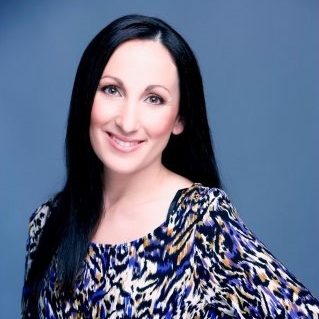
OpEds

Long-term lessons learnt after a five-month course…
BENITA LEVIN
Our charismatic, enthusiastic teacher had made it clear from the start that the oral and written exams weren’t the real test. The true test lies ahead – how we communicate in the streets, the butchery and our children’s school – how we engage and how much we understand.
But, I left the course feeling that there were several important lessons I’d learnt that had nothing to do with the language, text or grammar of a complicated language – nothing to do with singular, plural, male or female word formations!
Long-term lessons learnt after a five-month course:
- English is not necessarily enough: It’s humbling realising that not only were most people in the class not first-language English-speakers, there were just five of us – two Americans, two Brits and one South African. Brazil had the largest number of “representatives” in the class, followed by France. Other “pupils” were from Russia, Ukraine, Turkey, Mexico and Columbia.
So, when most of your new friends are speaking Portuguese or French during the coffee break, the best way for us all to communicate was in our slightly awkward, broken-Hebrew. In this environment, English most certainly wasn’t going to help…
- It’s never too late to learn: “Are you fluent yet?”, people ask when they hear you’re are at ulpan! Most certainly not. I understand much more than I did five months ago and am more comfortable having an informal conversation, especially with a stranger. WhatsApp messages in Hebrew are do-able and filling out official forms are much easier now.
The truth is, we are surrounded by “Anglos”, so much of our weekends or free time is spent talking English to other South Africans, Brits or Americans. The challenge now is using the foundation we’ve just learnt and to keep practising. Much will depend on the time spent engaging with people in Hebrew, watching television, listening to radio and of course, reading. Several more advanced courses are offered too, including specialised areas, like law or medicine. We have a good start. The basics. It’s up to us now…
3. Trying is better than not trying at all: An exceptionally patient barista at the nearby coffee shop has sweetly watched my “progress” over five months as I placed my order in Hebrew. He’d gently correct my grammar, or help me with the correct words. But he reiterated what so many others have said: Trying to speak a language – no matter how foolish you might feel – is so much better than not giving it a chance. For a generally assertive nation on-the-move, Israelis are incredibly understanding when you at least try to speak the language.
4. Attitude of Gratitude: Having “homework” every day, including over weekends, is not fun, especially when you’ve just arrived in a new country. Regular tests were set to assess how we were progressing as a class. Again, those weren’t fun. But spending time with new people from all over the globe – ranging in age from early twenties to early sixties – is priceless. Our group made a collective effort to meet socially out of class on many occasions. We all face similar challenges ahead – the bonds are strong. It has truly been a privilege meeting the people in our class – I feel lucky at this age and stage in life, to be sharing this journey with new people from all over the world.
So, as I walked up the stairs of the absorption centre (Mircaz Klitah) to write the exam, I bumped into a former Durbanite who was waiting in the foyer. He was there to sign up for the next course, which starts in a month. “Is it worth it?” he asked.
“Betach” – for sure, I smiled, “for so many reasons…”
————–
New phrase of the week – Kafe Natool – decaffeinated coffee. (For any order after 5pm.)




